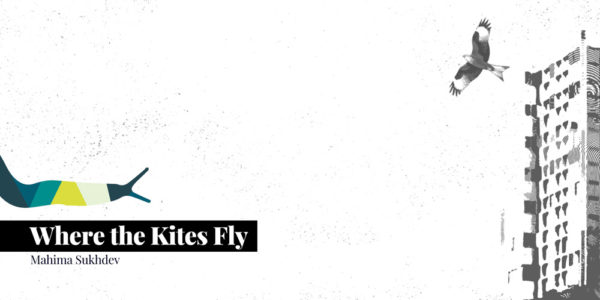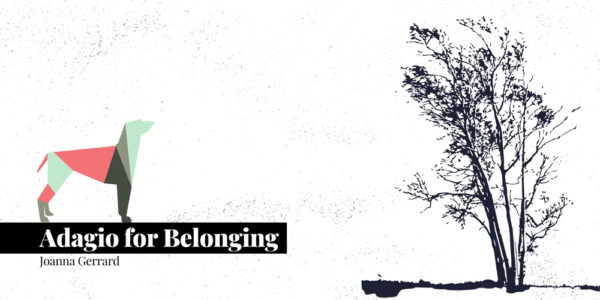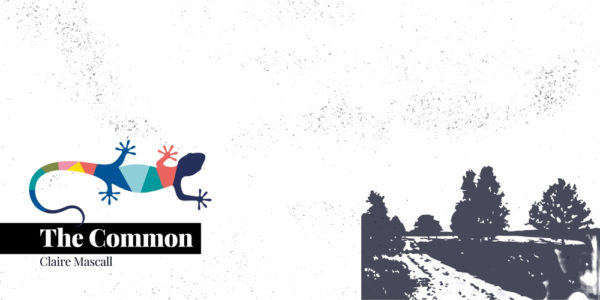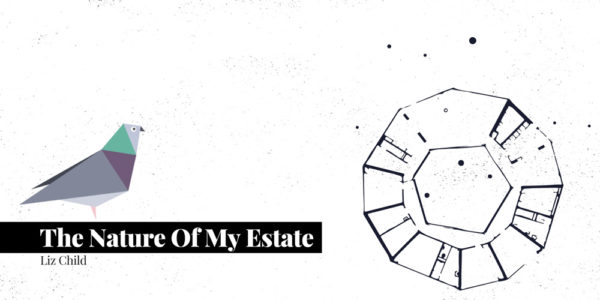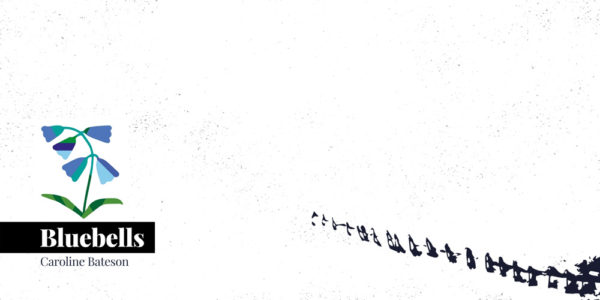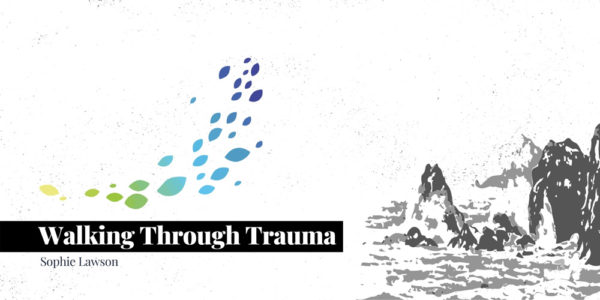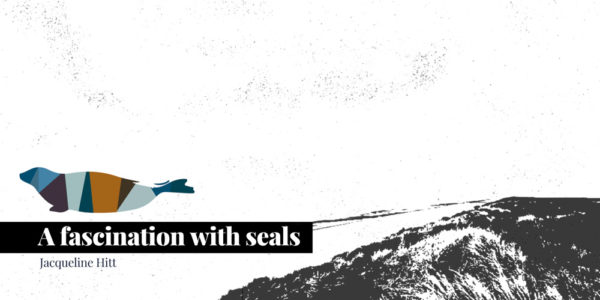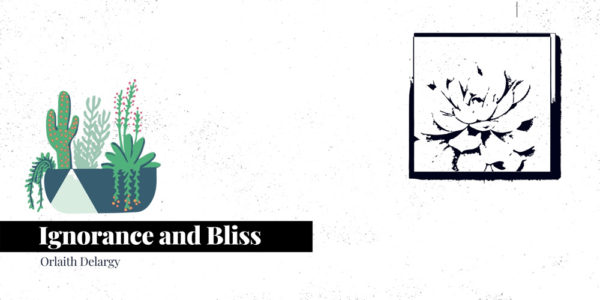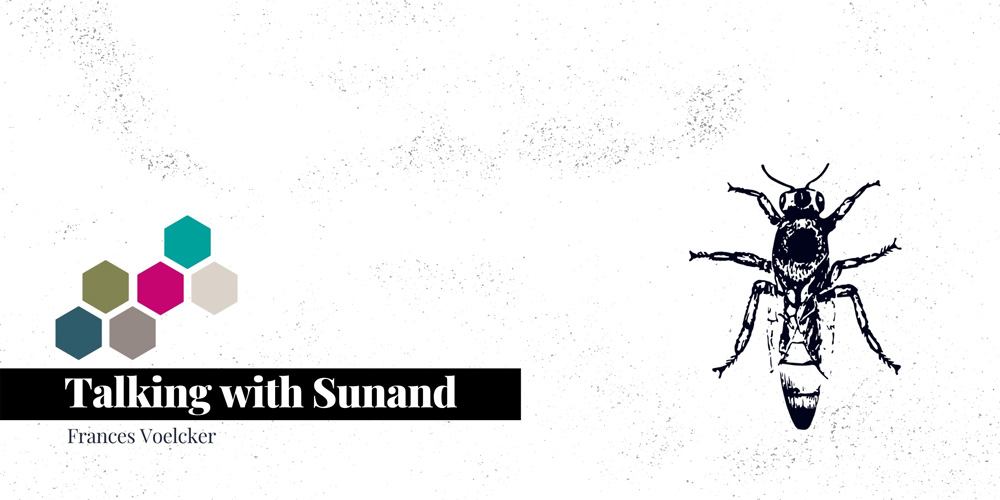
Walking in the Wyllt at Portmeirion
in the Japanese garden
we discussed alien species.
I explained to a Londoner
the threat of Ponticum.
He, of Indian descent,
heard only racist attitude.
Down by the castle in Criccieth
above the pebbles of West Beach
on the margin of rock
the exotic Village in Bloom
screens the Knotweed tide.
A frenzy of buzzing below the humming ivy.
A wasp clasps a honey bee
in an ecstasy of rape,
folds its thorax and jaws forward
in its lust to devour the nectar,
prevails in a terrible grooming.
It leaves. The bee is not dead: one leg moves.
Another wasp arrives, eats its head,
bites it in half, flies off with its guts.
The hollowed case is glossy,
black and tan above, fawn fur beneath.
The ivy hums.
Purple blooms flare in swathes
across the hillside, crowd under trees to glow,
each head spits out a million sparks
to set fresh fire. But fire itself
cannot exhaust the poison from the wood.
The search is on for Ponticum Varroa,
not just a single predatory wasp.
And I am puzzling out our human fate.
I think we need to cultivate like bees—
accept the limitations of the hive,
restrict our movement to the blossom zone,
work so our presence benefits the flowers.
I know that there are many sorts of bees,
some of which prefer to live alone.
(I recognise necessity of wasps
—but hope that something larger keeps them down.)
Sunand took the longest view of all
“No need to intervene.” He was serene.
“We’re just another agent bringing change.
It’s always happened and it always will.
The world will sort us out.”
“Yes, so I fear.”
. . .
Notes:
- Ponticum is a variety of Rhododendron first imported to the British Isles in late 17C that has become invasive particularly in areas with acid soil and high rainfall, as no native species exists that can eat it to check its spread. It protects itself with a persistent poison, re-sprouts from the stump when cut down, and shades out most other vegetation preventing regeneration of native flora. Its pollen is deadly to the European Honey bee.
- Varroa is a mite that uses honeybees as host. It severely weakens the bees, so that they succumb to several viruses.
. . .
About the author
Frances Voelcker is a retired architect, an active Quaker, wife and grandmother. She has been a ‘Green’ since the mid-1970s. She wrote this poem several years ago when she was fearful of the future we were bringing upon ourselves and our children. She has since learned about the EcoFootprint, and realises that it is our current overblown notions of prosperity that propel us to catastrophe. We can prosper only when Gaia prospers.

